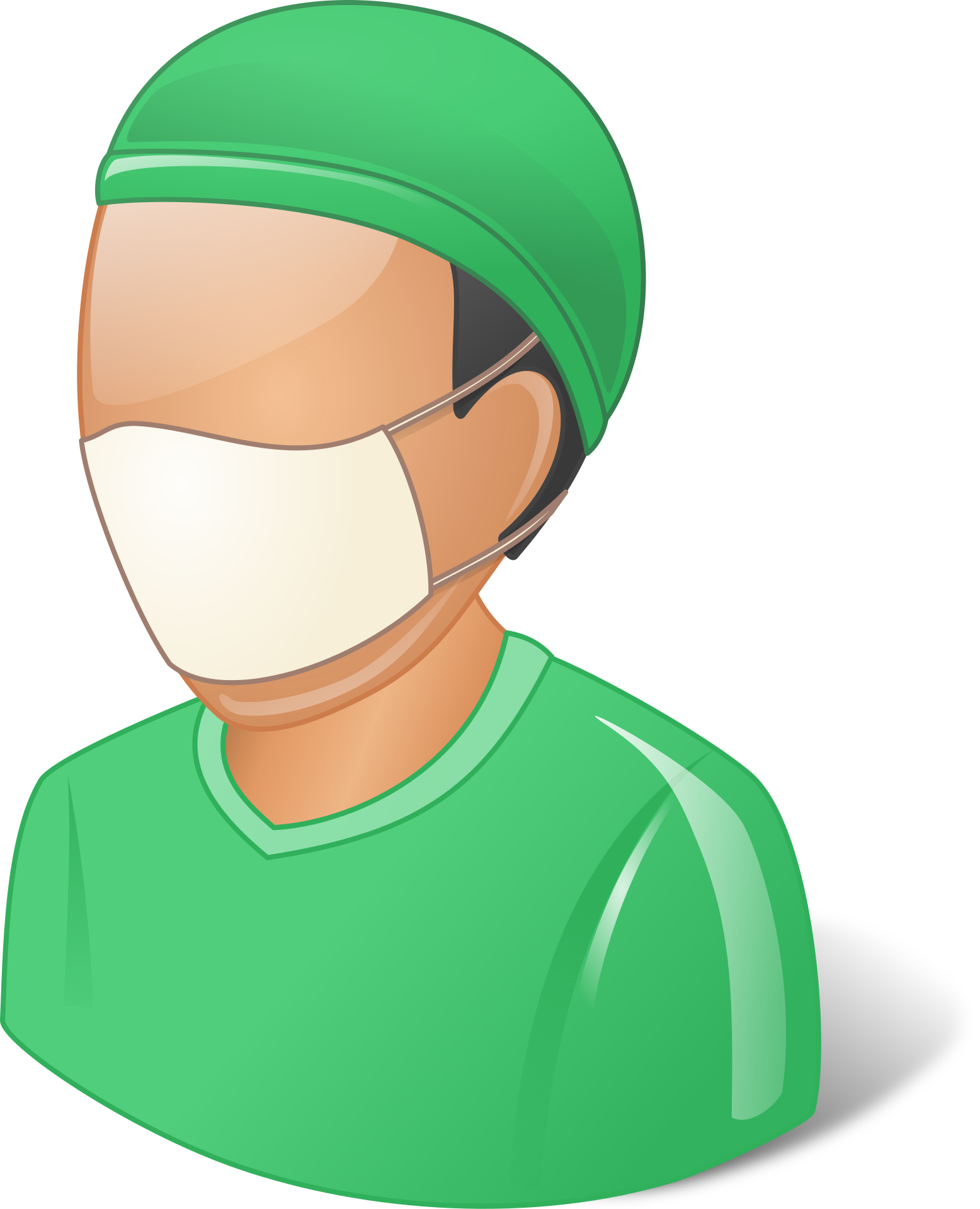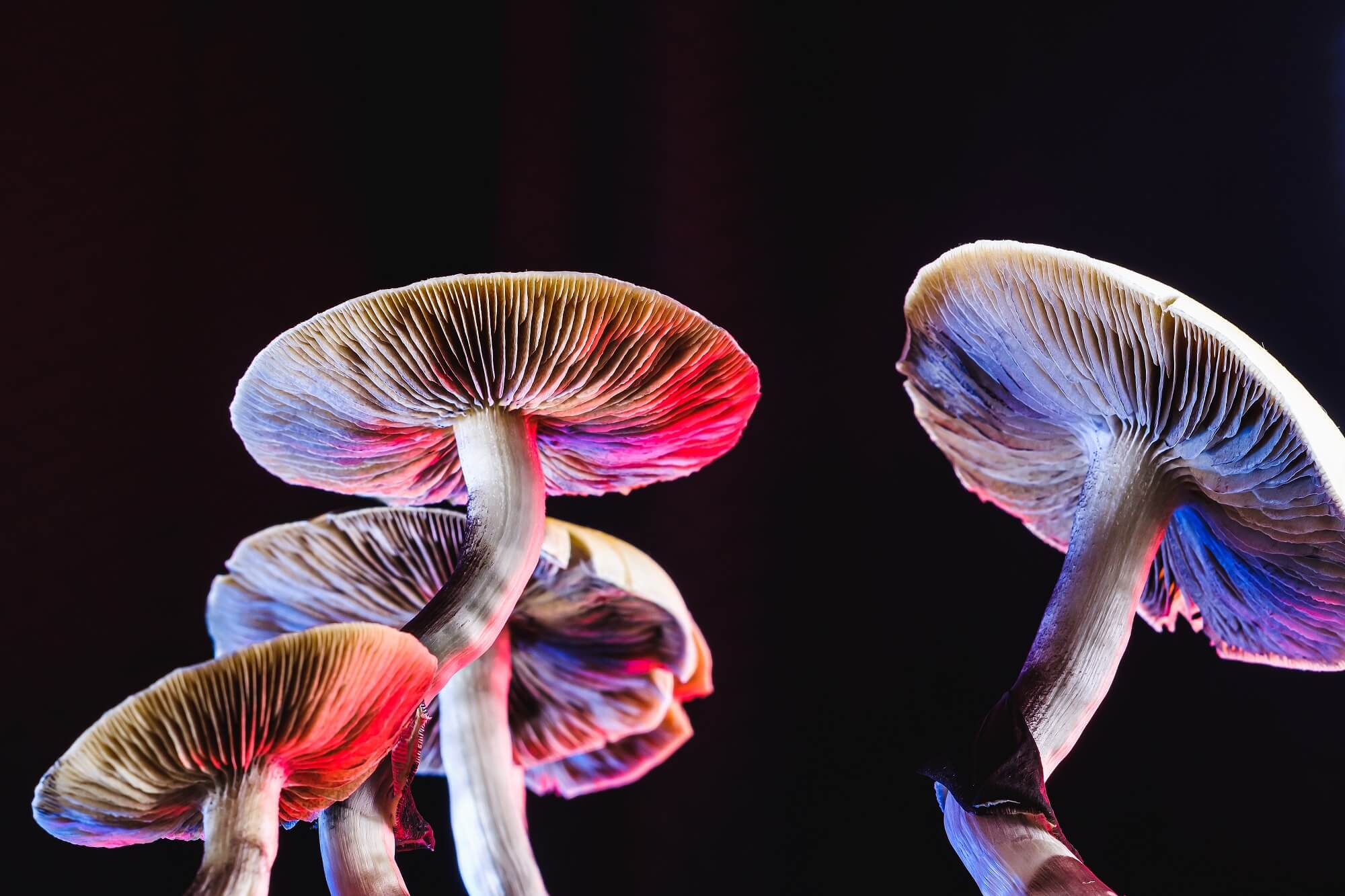Depression scores did not differ significantly between patients who used psilocybin or escitalopram at 6 weeks. These findings, from a phase 2, double-blind, randomized, controlled trial, were published in the New England Journal of Medicine.
Patients (N=59) with long-standing, moderate to severe major depressive disorder were recruited via advertisement in the United Kingdom in 2019. Patients were randomized to receive 2 doses of 25 mg psilocybin with a daily placebo for 6 weeks (n=30) or 2 doses of 1 mg psilocybin with 3 weeks of daily 10 mg escitalopram and 3 weeks of 20 mg escitalopram (n=29). Patients were assessed by magnetic resonance imaging (MRI) and performed cognitive and affective processing tasks.
Patients were aged mean 41 years and 34% were women. Symptoms of depression were present among the psilocybin and escitalopram groups for an average of 22 and 15 years and baseline 16-item Quick Inventory of Depressive Symptomatology-Self Report (QIDS-SR-16) scores were 14.5 and 16.4, respectively.
Continue Reading
At 6 weeks, mean change in QIDS-SR-16 scores were -8.0±1.0 points among the psilocybin and -6.0±1.0 points among the escitalopram cohorts (difference, -2.0; 95% CI, -5.0 to 0.9; P =.17). A total of 70% of the psilocybin and 48% of the escitalopram recipients had a QIDS-SR-16 response (difference, 22%; 95% CI, -3% to 48%) and 57% and 28% were in QIDS-SR-16 remission (difference, 28.1%; 95% CI, 2.3%-53.8%), respectively.
Psilocybin recipients reported greater improvements in their ability to cry or feel compassion, intense emotion, and pleasure and fewer reported feeling drowsy compared with the escitalopram recipients. No differences were reported for psychotic symptoms or dependency-related behaviors.
Adverse effects were reported by 87% of the psilocybin and 83% of the escitalopram groups. Most common events were headache, nausea, and fatigue.
This study may have been limited by its short duration due to the fact that escitalopram has a delayed therapeutic action on depression.
Overall, no significant difference between cohorts in depression scores were reported at 6 weeks. Secondary outcomes tended to favor psilocybin over escitalopram for the treatment of long-standing, moderate to severe major depressive disorder.
Disclosure: Some authors declared affiliations with biotech, pharmaceutical, and/or device companies. Please see the original reference for a full list of authors’ disclosures.
Reference
Carhart-Harris R, Giribaldi B, Watts R, et al. Trial of psilocybin versus escitalopram for depression. N Engl J Med. Published online April 15, 2021. doi:10.1056/NEJMoa2032994

